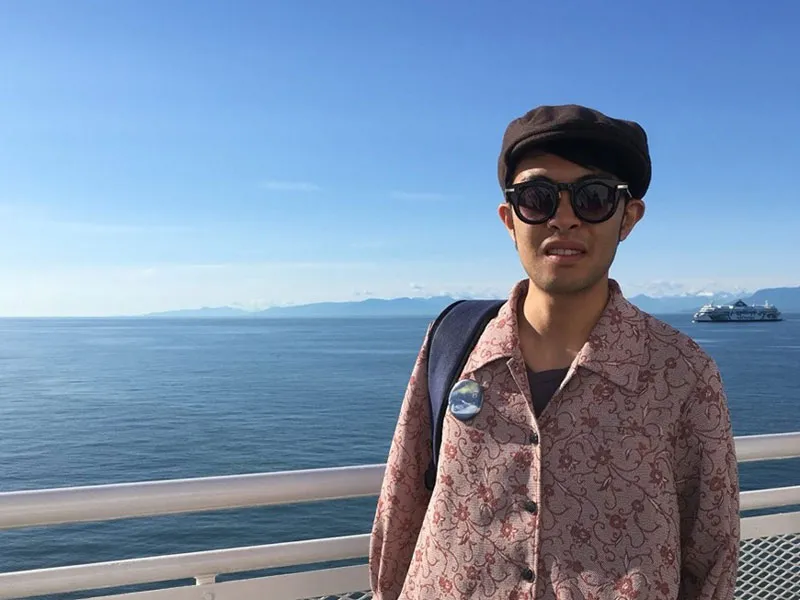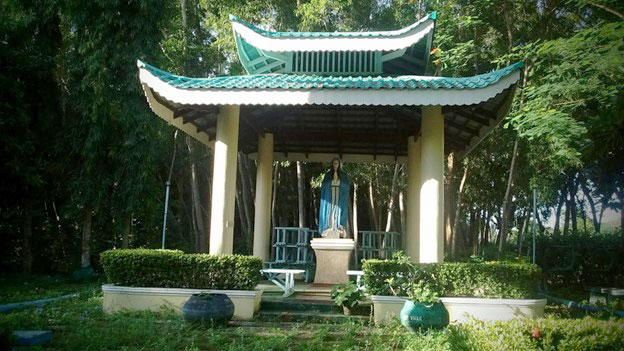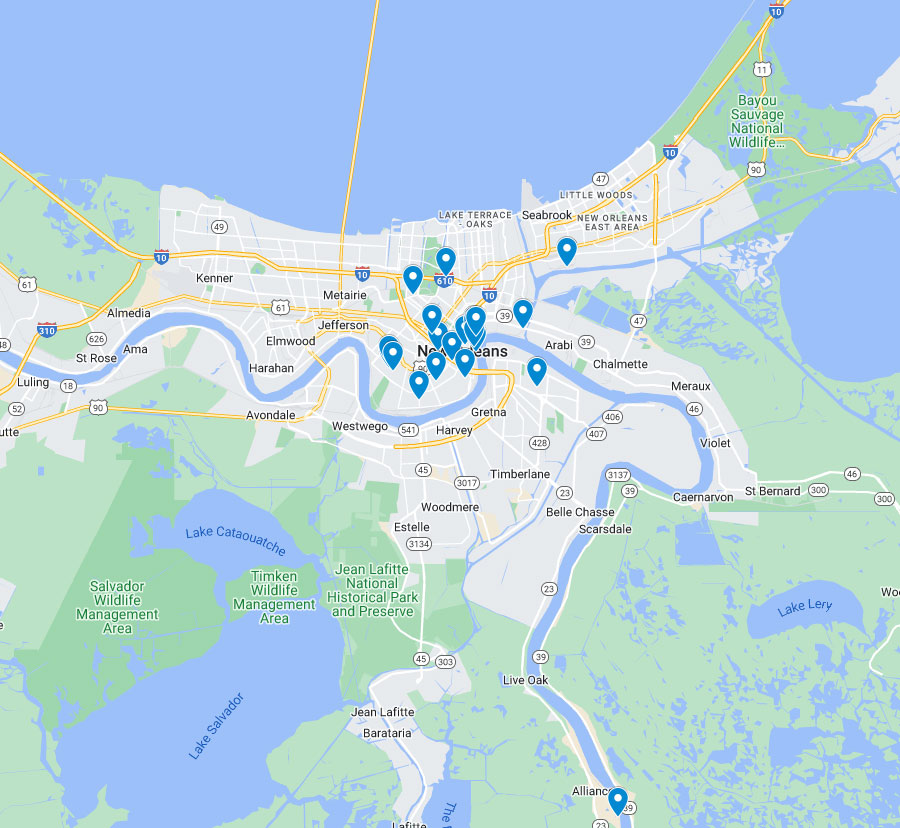
Biography
James Pangilinan is a Ph.D. Candidate in Human Geography at the University of British Columbia, which is situated on the unceded, ancestral lands of the Musqueam Nation. Pangilinan’s research traces historical geographies of postcolonial asylum in the Philippines and the relational humanitarianisms elaborated by refugees at two critical junctures. First, he considers how Filipino elites collaborated with Jewish humanitarians, at the advent of Philippine decolonization before World War II, to host refugees in Mindanao. Second, focusing on the closure of Cold War refugee aid in Southeast Asia, he details how practices of refugee care in the “Global South” formed through transnational connections and alternative relationalities of diasporic aid linking the Philippines and Vietnamese refugee activists in New Orleans.
Research
Following Hurricane Katrina, the Vietnamese American community of Versailles, New Orleans East offered expert lessons in post-disaster community rebuilding and a compelling story of interracial solidarity. Yet this post-disaster resilience may also be reframed historically in relation to earlier encounters contesting limitations on humanitarian aid, both locally in New Orleans East as well as transnationally through the Philippines. Across the Pacific in the mid-1990’s, former and aspiring Vietnamese refugees- some of whom were active in the post-Hurricane Katrina community rebuilding- engaged in overseas, faith-based volunteer work. Against the gradual closure of Southeast Asian refugee camps, these alternative circuits of refugee-led humanitarianism led the contentious creation of an alternative “Vietnamese Village” as a sanctuary for non-recognized refugees in Palawan, Philippines. This project seeks to map potential transits between Versailles and the alternative construction of a “Viet Village” outside Puerto Princesa, Palawan. Considering a wider, diasporic archive of tentative “interracial” solidarity and historically sourced resilience, my project draws on oral histories, selective interviews and archival research in New Orleans and Palawan to trace a relational archipelago of aid and care linking New Orleans East with alternative hospitality delivered by refugee hosts in the Global South.



